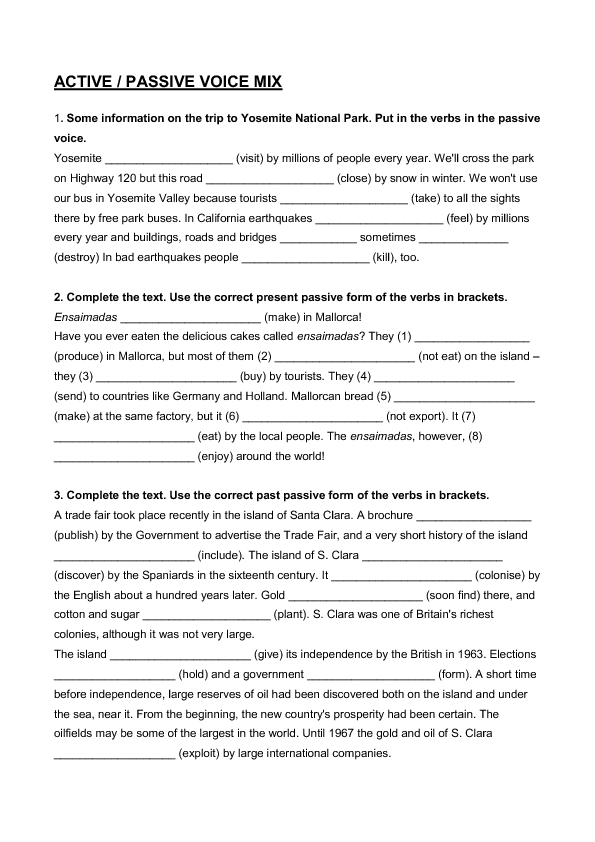

The one downside is that using "I" can draw attention to the fact that only one person was involved in the work. It’s pretty common to use the passive voice in scientific writing or in situations where you don't know who performed a certain action, as in 'My bike was stolen.' But in most other cases, sticking to the active voice is more direct and produces more concise writing. But in a single author publication (especially a thesis) it seems perverse to use "we" instead of "I", and can lead to confusion over the author's actual contributions. The passive voice isn’t wrong, but it's not always appropriate. For a multi author paper it is easy to choose "we" when describing the work or opinions of the authors. If something can be said generally, "we" or "one" seem most appropriate: "One can find many instances of dogmatic conventions in the literature". Despite this rule, paper writers tend not to make their sentences too wordy, which can be the result of passive voice misuse. However, the passive voice is acceptable in some. I believe people defer to "we" because it is predominant in modern scientific literature, but only because most articles are the joint work of more than one person. Generally, in scholarly writing, with its emphasis on precision and clarity, the active voice is preferred. The active voice would be something like: I grant you permission and I accomplished the. It can be changed into the passive voice: The mission is accomplished. The second one does not have 'be' in it, so its just a noun phrase (noun + past participle). Just as with much other English usage, this can and has resulted in some weird conventions. Hi NishMish, The first one is already in the passive voice (subject + be + past participle). Most of the responses to such questions are based upon tradition, or what someone else has told them.


 0 kommentar(er)
0 kommentar(er)
